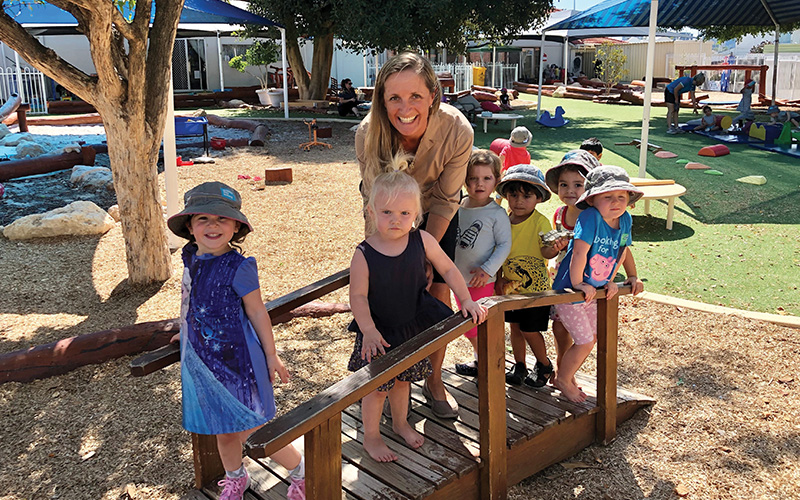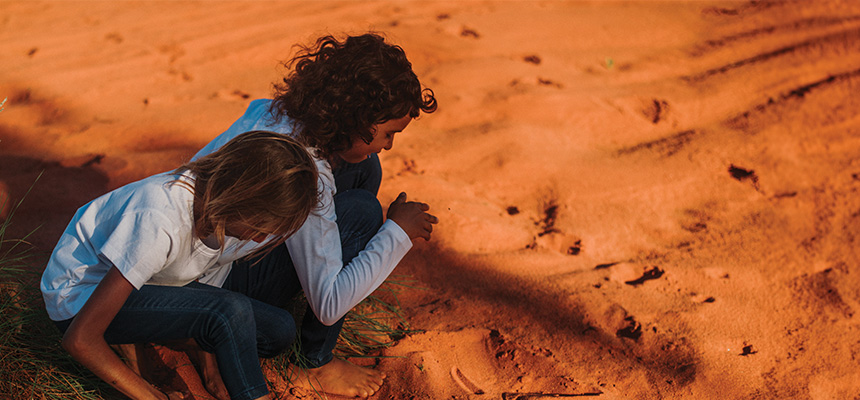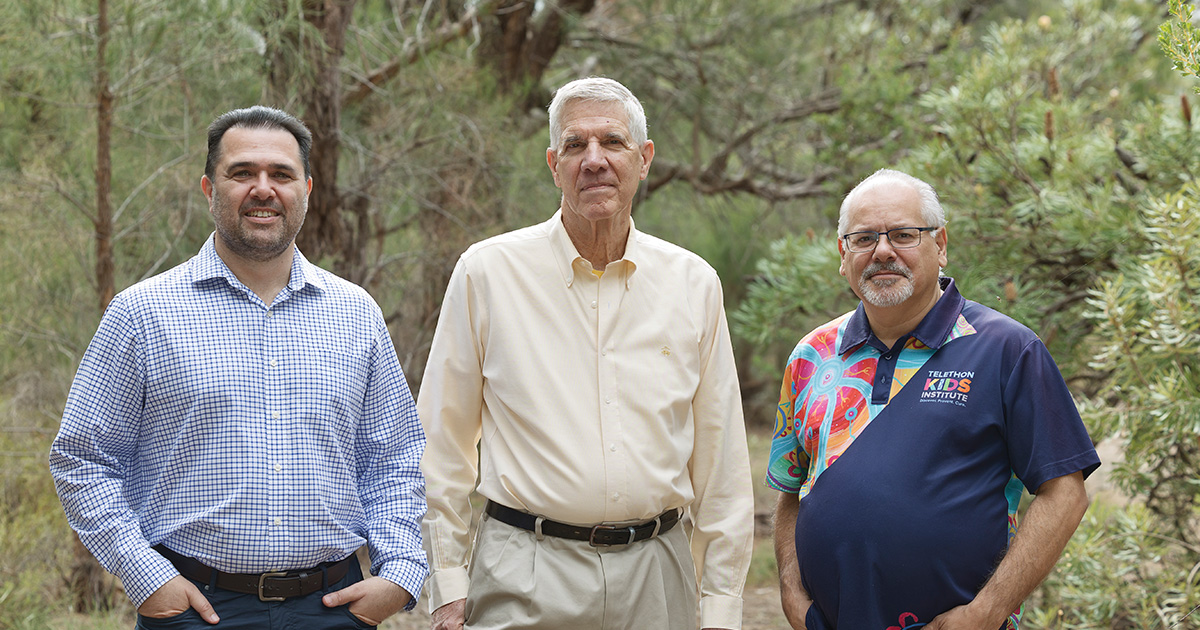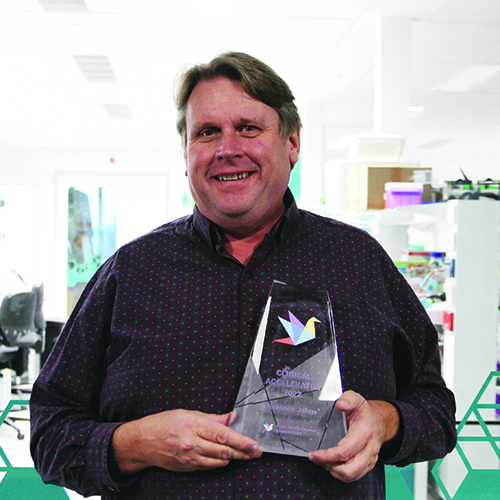Search

Not too long ago, if you had mentioned physical activity to educators at the Sonas Early Learning & Care centres run by Shelley Prendergast, they would automatically have reached for the trusty old obstacle course.

Aboriginal families and communities have endured the imposition of countless ‘solutions’ and had to live with the consequences of these ineffective initiatives. Those consequence are sadly evident in the unrelenting gap in outcomes for Aboriginal kids, compared with other Australian children.

In 1998, The Kids Research Institute Australia embarked on one of the most ambitious population health projects in Western Australian history.

WA Kids Cancer Centre is leading the charge to find innovative new treatments that will allow doctors to ‘dial down’ the amount of toxic treatments needed to fight cancer.
Research
The impact of pandemic A(H1N1)pdm09 influenza and vaccine-associated adverse events on parental attitudes and influenza vaccine uptake in young childrenThis paper reports on the shift in parental attitude to vaccination after 2010, due to an unprecedented increase in febrile reactions in children receiving...
Research
Route of exposure alters inflammation and lung function responses to diesel exhaustIn this study, we compared the physiological consequences of short-term exposure to diesel exhaust via inhalation to those due to exposure to the same diesel...
Research
Maternal Dietary Intake of Folate and Vitamins B6 and B12 During Pregnancy and Risk of Childhood Brain TumorsThis Australia-wide study examines whether maternal intake of folate and vitamins B6 and B12 during pregnancy is associated with development of brain tumors...
Research
Late language emergence in 24-month-old twins: Heritable and increased risk for late language emergence in twinsThis study investigated the etiology of late language emergence (LLE) in 24-month-old twins, considering possible twinning, zygosity, gender, and...
Research
Update of the WHO/IUIS Allergen Nomenclature Database based on analysis of allergen sequencesThis paper summarizes updates of allergen names approved at the meetings of the IUIS Allergen Nomenclature Sub-Committee in 2011 through 2013.
Research
Ultraviolet radiation exposure and serum vitamin D levels in young childrenThis paper examined the link between UV exposure and vitamin D production in young children to determine how long it takes for sun exposure to affect serum...
